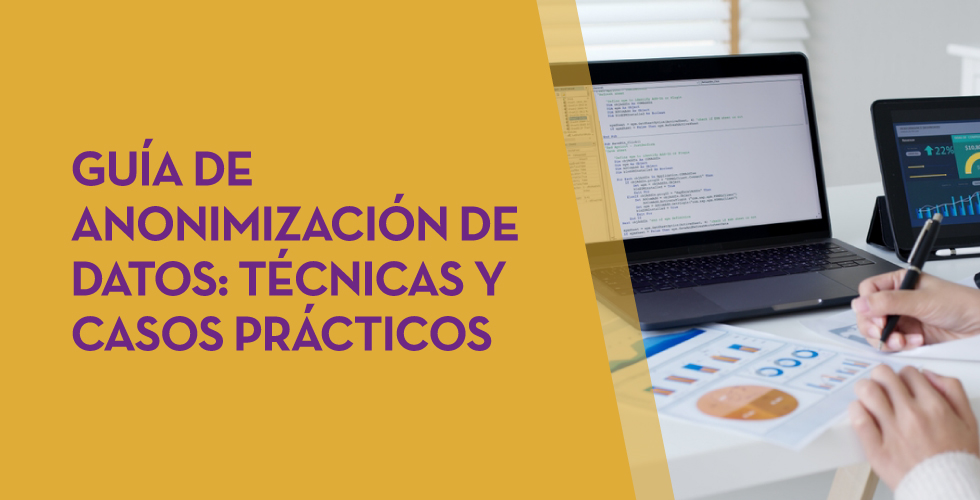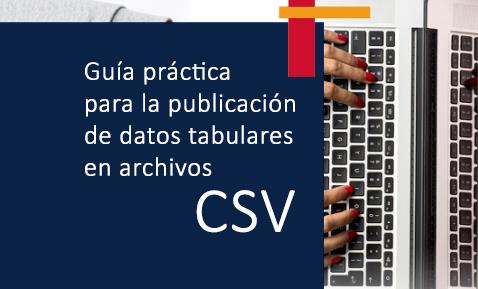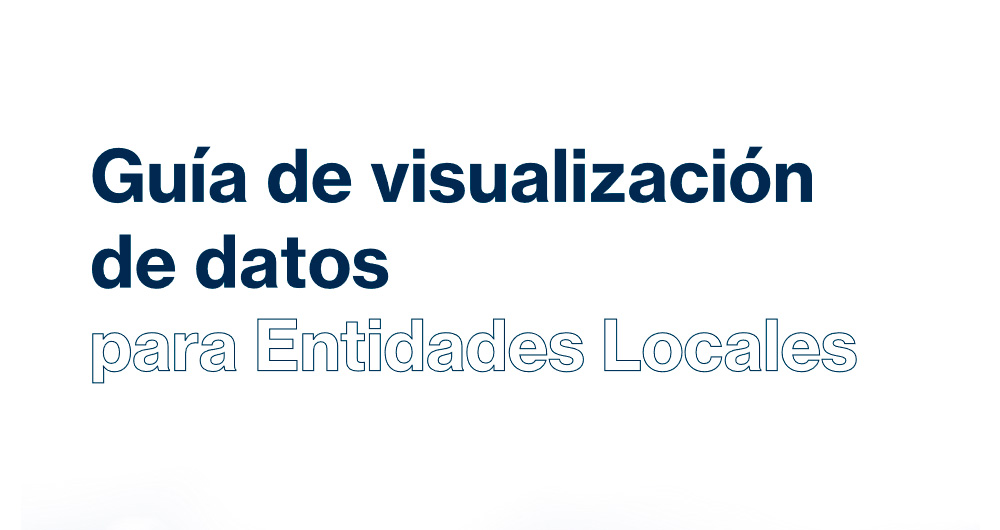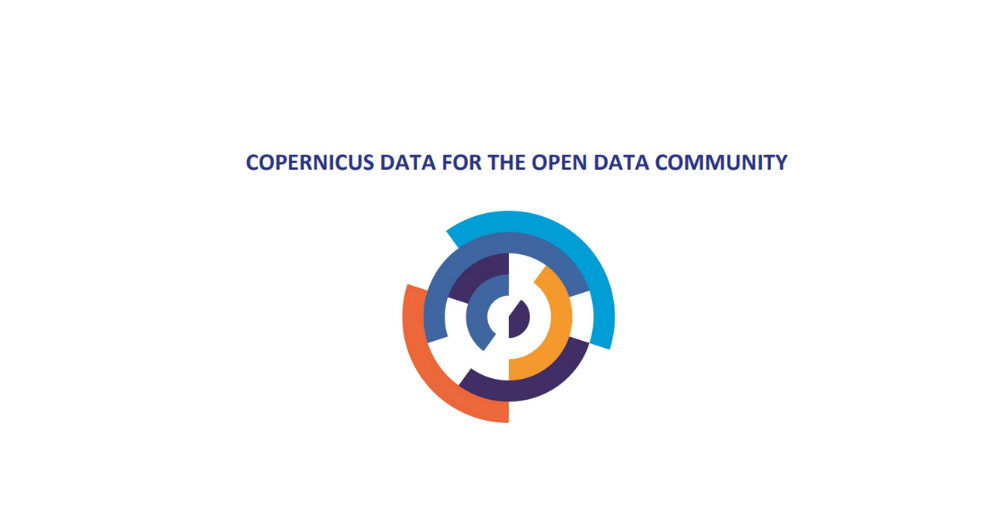30 reports and guides found for "user"
Practical guide for the publication of linked data
It is important to publish open data following a series of guidelines that facilitate its reuse, including the use of common schemas, such as standard formats, ontologies and vocabularies. In this way, datasets published by different organizations will be more homogeneous and users will be able to…
- Guides
Introduction to data anonymisation: Techniques and case studies
Data anonymization defines the methodology and set of best practices and techniques that reduce the risk of identifying individuals, the irreversibility of the anonymization process, and the auditing of the exploitation of anonymized data by monitoring who, when, and for what purpose they are used…
- Guides
Practical guide to publishing tabular data in CSV files
Nowadays we have more and more sources of data at our fingertips. According to the European Data Portal, the impact of the open data market could reach up to EUR 334 billion and generate around 2 million jobs by 2025 ('The Economic Impact of Open Data: Opportunities for value creation in Europe. (…
- Guides
A practical introductory guide to exploratory data analysis in Python
The following presents a new guide to Exploratory Data Analysis (EDA) implemented in Python, which evolves and complements the version published in R in 2021. This update responds to the needs of an increasingly diverse community in the field of data science.
Exploratory Data Analysis (EDA)…
- Guides
Municipal Innovation through Open Data: Solutions to make municipal services more accessible
The digital revolution is transforming municipal services, driven by the increasing adoption of artificial intelligence (AI) technologies that also benefit from open data. These developments have the potential to redefine the way municipalities deliver services to their citizens, providing tools to…
- Reports and studies
How to use OGC APIs to enhance geospatial data interoperability
In a world where geospatial information is crucial to address global challenges such as climate change and natural resource management, interoperability and the creation of standards are essential. Interoperability facilitates collaboration between organisations, drives innovation and ensures that…
- Guides
European Data Portal shares report with some standards for homogenising high-value data
In order to comply with Directive (EU) 2019/1024 and its subsequent implementing regulation, EU member states are working on making available so-called high-value datasets (HVD). The aim is to enable citizens and businesses to access such data under technical requirements that favour its re-…
- Reports and studies
Data Visualisation Guide for Local Authorities
The FEMP's Network of Local Entities for Transparency and Citizen Participation has just presented a guide focused on data visualisation. The document, which takes as a reference the Guide to data visualisation developed by the City Council of L'Hospitalet, has been prepared based on the search for…
- Guides
Features for the creation of data spaces
A data space is an ecosystem where, on a voluntary basis, the data of its participants (public sector, large and small technology or business companies, individuals, research organizations, etc.) are pooled. Thus, under a context of sovereignty, trust and security, products or services can be…
- Guides
Copernicus data for the open data community
This report published by the European Data Portal (EDP) aims to help open data users in harnessing the potential of the data generated by the Copernicus program.
The Copernicus project generates high-value satellite data, generating a large amount of Earth observation data, this is in line…
- Reports and studies









